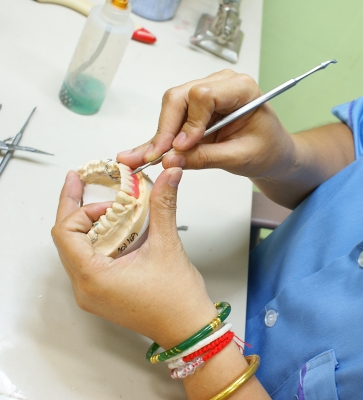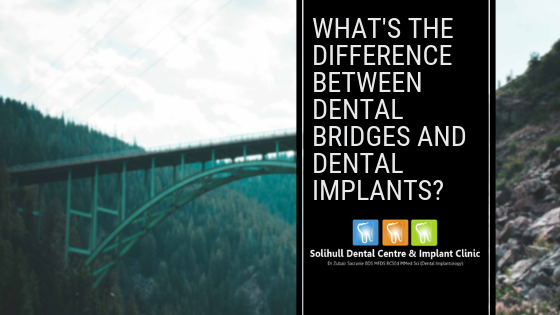
When it comes to replacing missing teeth, there are many options to choose from. Your dentist will probably present you with two main options to choose from; bridges or dental implant-supported prostheses. Deciding the right type of tooth replacement option which fulfills your aesthetic and functional requirements, while considering your budgetary constraints is a difficult task for many patients. This article tells everything you need to know about the difference between dental bridges and implants.
What are Dental Bridges?
Bridges are fixed appliances which are used for replacing one or more adjacent missing teeth. Dental bridges consist of abutment crowns which are attached to the natural teeth or dental implants which support the bridge. The missing tooth gap is restored by using porcelain crowns or pontics, one for each missing tooth which are attached to the abutment crowns on both sides. Since the bridges remain fixed to the teeth, they provide superior dental function and esthetics in comparison to the conventional removable dentures.
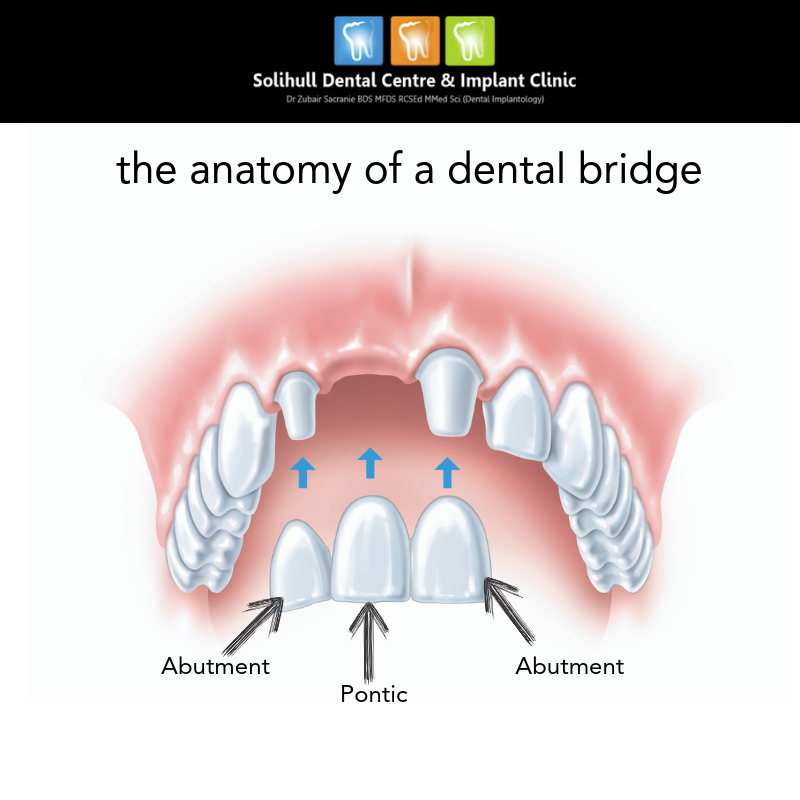
There are also other types of dental bridges known as Maryland bridges. These have a small wing rather than a full apartment tooth, the wings sticks on the inside of the teeth either side of the gap.
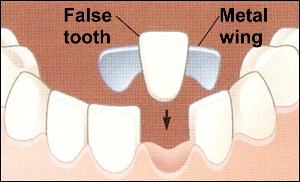
Maryland bridges can be made from metal or could also be made from zirconia using modern CADCAM techniques.
What are Dental Implants?
Dental implants are a metallic fixture which is surgically inserted within the jaw bone and they serve as replacement roots, these then hold the replacement tooth. After implant surgery and once an implant has become fully anchored within the bone (Osseo-integrated), missing teeth are replaced by attaching a suitable false tooth such as an overdenture, a fixed bridge or a complete denture.
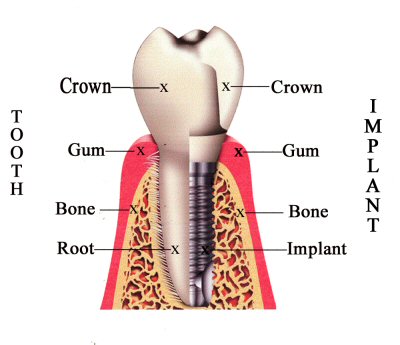
Understanding the Difference Between Dental Bridges and Implants
To understand the difference between both these tooth replacement options, it’s best to make a comparison of their properties:
- Aesthetics – in terms of aesthetics, dental implant-supported prostheses offer superior, rather lifelike esthetics as higher quality
- Durability – dental implants are made from high-quality titanium alloys which are strong and durable. In fact, with proper care, dental implant supported prostheses can remain functional for a lifetime. On the other hand, dental bridges have a shorter lifespan as they are made from less durable alloys, and due to the fact that they depend on the adjacent teeth for support.
- Function – being fixed prostheses, both traditional bridges, and dental implants sufficiently restore dental function in terms of speech and chewing efficiency. However, dental implants provide superior functionality since they are directly anchored in the bone, and they firmly support the false teeth.
- Cost – naturally, replacing teeth with dental implants cost more than with bridges. Dental implants may also require additional surgical techniques such as bone grafting in order to ensure there is enough bone for the implant to be stable.
- Conservation – for replacing teeth with bridges, supporting natural teeth on both sides need to be trimmed slightly to create room for the prosthesis. As a consequence, healthy tooth structure has to be sacrificed. This is not the problem with implants, as they are directly placed inside the bone. Therefore, they preserve the adjacent teeth and underlying jaw bone.
Both dental implants and dental bridges can be made from a range of materials including metal or porcelain.
Choosing the right tooth replacement option is not easy. Many factors such as aesthetics, function, durability, and cost need to be considered. However, your dentist is the best person to guide you about the option which is right for you.


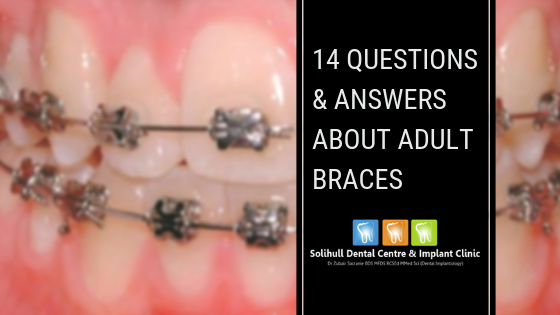 With so many people now considering wearing braces way beyond their childhood and teenage years we thought it would be appropriate to answer as many questions as we can about braces for adults, including fixed braces & invisible braces.
With so many people now considering wearing braces way beyond their childhood and teenage years we thought it would be appropriate to answer as many questions as we can about braces for adults, including fixed braces & invisible braces.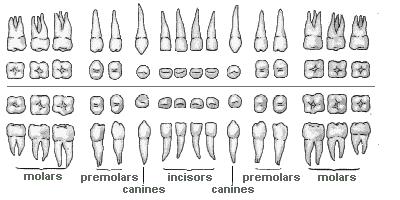


 Lots of patients are asking about dental implants and trying to discover whether implants are right for them or not. With so many questions we thought we would attempt to answer a few with our dedicated
Lots of patients are asking about dental implants and trying to discover whether implants are right for them or not. With so many questions we thought we would attempt to answer a few with our dedicated 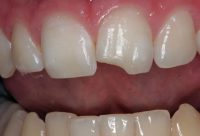
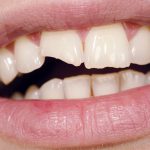
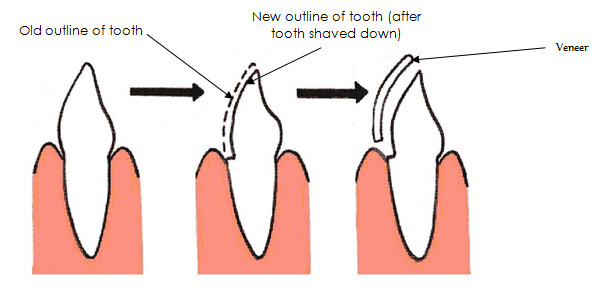


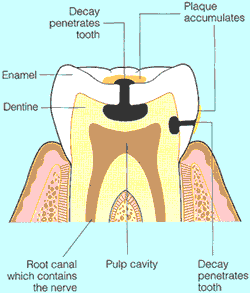

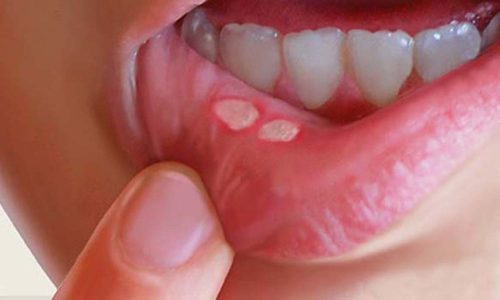
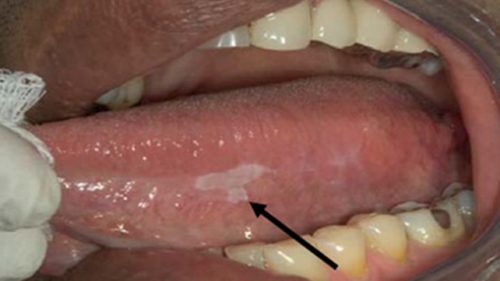

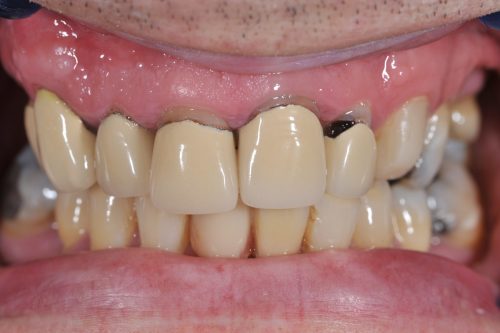 After removal of black lines
After removal of black lines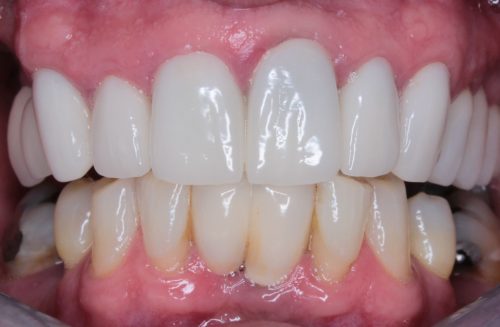


 Why is dentistry so expensive?
Why is dentistry so expensive?